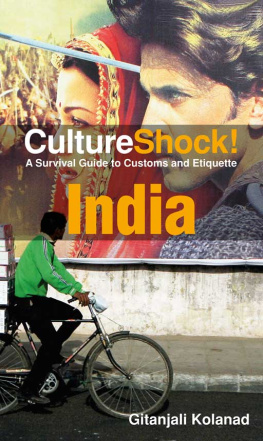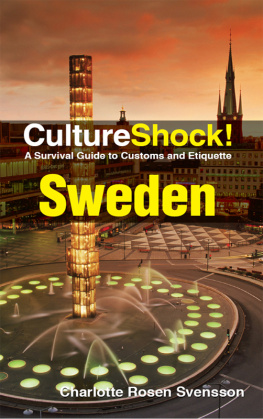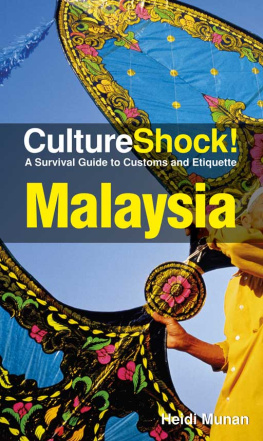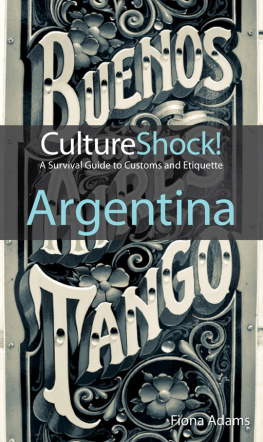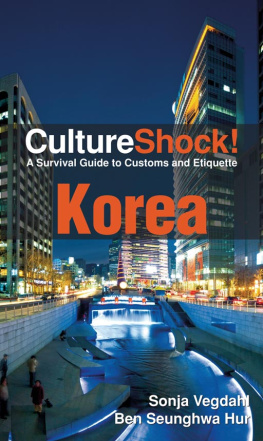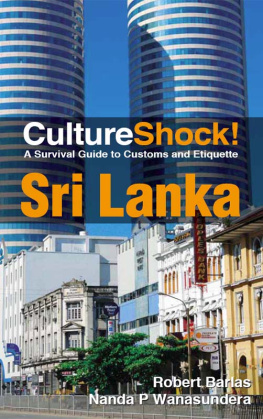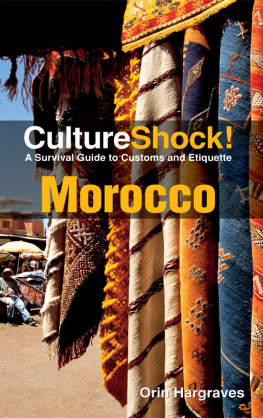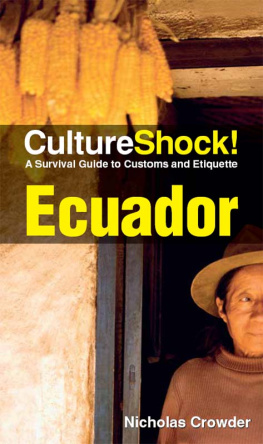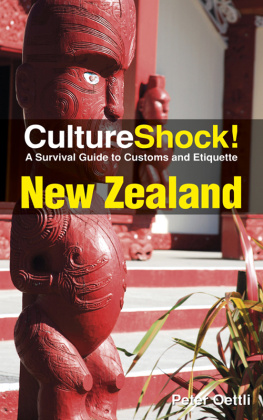The ancient city of Varanasi (Benares) in Uttar Pradesh is located at the riverside of the revered Ganges. This city has existed for 3,000 years, and is regarded as the religious capital of Hinduism.
Once, I performed in Vienna at the house of an architect who was also an avid Indiaphile. He often hosted performances of Indian dance and music, his bookshelves were stocked with beautiful books about India, he loved Indian foodbut he had never been to India. He always had an excuse when I or any of his many other Indian friends invited him to come and visit. But after many years, the excuses ran out and he did make a trip to India. He didnt like it.
Another friend, a poet, coming to India for the first time, described an experience of coming home the instant she stepped off the plane. She ended up staying in India for years at a time, and writing poetry shaped by India. She continues to come back again and again, to enjoy the kind of culture in which the importance of social relations adjusts the pace of life.
Someone once said that whatever you say about India, the opposite is also true. Indian systems of thought can handle this kind of paradox. One philosophical argument for such apparent contradictions uses the simple illustration of a room. To someone who enters after a winters walk, the room is warm. To the person who has been sitting there all day, it is not warm. So the room is warm; the room is not warm; the room is at the same time warm and not warm; and the real nature of the room remains undescribed by any of these standards.
Thats four possibilities for a room. And for the whole of India? That is very much the dilemma I faced when writing this book. I read many books about India, talked to many people about India, and tried to be fair and accurate in whatever I have included between the covers of this book. But it has necessarily been my viewpoint that colours every statement. You have to experience India, and your own individual viewpoint will make that experience unique. This book is meant to open doors, break down some barriers, clear the way. India then remains for each reader to discover.
I have used Indian words throughout the book. In most cases, they are words used freely by Indians all over India, even when speaking English. As Indians do when speaking, I make the plural or form tenses just as if they were English words. In order to avoid any confusion arising out of this, the glossary at the back of the book gives Indian words in their singular form.
In 1997, Bombay officially became Mumbai, and Madras became Chennai. In all government correspondence, these new names are used. In day-to-day transactions in English, however, even in the cities in question, the old names are often used out of habit.
The changes in the names of Indian cities show why we need toponymy, the study of geographical place names. The purported reason for the name changes and the actual reasons differ so markedly that only serious study can make sense of them. All over the world, cities change their names; the reasons are usually a tangle of politics, folk history and the needs of pronounciation. In the end, it is a symbolic act, but symbolism matters.
Places have different names in different languages. When speaking Italian, one refers to Firenze but in an English conversation the same city is referred to as Florence. In fact, dropping Firenze or Paree or Kooba, especially with the requisite rolled r or umlauted vowel, into an English sentence, comes across not as cultural sensitivity but as pretentiousness. A similar situation existed in Bombay, which is most likely, an Anglicisation of the Portuguese for good bay. Residents of that cityMarathi, Gujarathi, Parsi, Goan called it Bombay when speaking English, Mumbai when speaking Marathi and Bambai when speaking Hindi.
Then the politicians got involved. The Hindu nationalist Shiv Sena party, arguing that Bombay was the legacy of colonial rule, the oppressive nature of which had somehow escaped their notice until four decades after Indian independance, instigated the change as one more of their divisive policies aimed at non Marathis. In 1995, they threw out Bombay and replaced it with Mumbai; so that the city recognised around the world as sophisticated, vibrant and cosmopolitan was reduced to its Marathi village identity.
Not to be outdone, the DMK (Dravida Munnetra Kazhagam) party, promoting all things Tamil, insisted that Madras be changed to Chennai. But both names for the place had existed together since the 1600s. I learned that at some cost at a bus station in Tamil Nadu in the 1970s. I could read the Tamil script, but could find no bus that had Madras written on the signboard. All the buses were going to Chennai and I missed more than one before I figured out that they were one and the same place; in English it was called Madras, and in Tamil, Chennai.
The DMK claimed that Madras too was a remnant of colonialism that needed to be expunged, but the irony is that they may have replaced the authentically Tamil name of Madras with one that is not Tamil at all. Chennai is probably derived from the name of the petty king who granted the British trading rights along that coast, Chennappa Naicker,who was Telegu. As the writer Shashi Tharoor put it, bad history is worse lexicology, but in India it is good politics.
The CPM (Communist Party of India, Marxist), in power in West Bengal, and also searching for some symbolic gesture to lead the public eye away from the sorry state of the economy, had a problem: Calcutta, entirely created and named by the British, had no original name to go back to. The best they could do was to insist on the Bengali pronunciation, and Calcutta became Kolkata.
In the state of Kerala, the British had trouble with the Malayalam names, because of the number of syllables reducing Thiruvananthapuram to Trivandrumand the sounds that had no English equivalentsanglicising Kozhikode to Calicut. But now those missing syllables have been put back, and non-Malayalam speakers are expected to twist their tongues to produce a sound that even linguists cant agree on: the zh represents either a retroflex approximant or a frictionless continuant, produced by curling the tongue back but not touching the palate and making a sound in between r and l.
The latest city to jump on the name-change bandwagon is Bangalore, which now wants to be called Bengaluru City of Boiled Beans. Since this is already the name of the city in Kannada, the language of the state, the Kannada newspapers and media will have some trouble reporting the event, saying in effect that the citys name has been changed from Bengaluru to Bengaluru.
Other name changes have been proposed, for example to change Ahmedabad to Karnavati, but these are clearer examples of Hindu fundamentalism raising its ugly head, and I for one hope that in secular modern India, such changes will never be seriously considered.
Some politicians have even tried to rename India, favouring Bharat or Hindustan. It was Dr Ambedkar, the eminent jurist and impassioned champion of the rights of the castes once called Untouchables, who drafted the Indian constitution. He was very astute and recognised the symbolic power of names, vehemently opposing the renaming of Untouchable with the patronising Harijanchildren of God that Gandhi wanted. He wrote in the the first article of the Constitution: India, that is Bharat, shall be a Union of States... and wouldnt back down in the debate to change the order of the the two names. India is free of the Vedic Hindu connotations that Bharat has, and so more acceptable to those who had suffered so much under the tenets of that religion.

